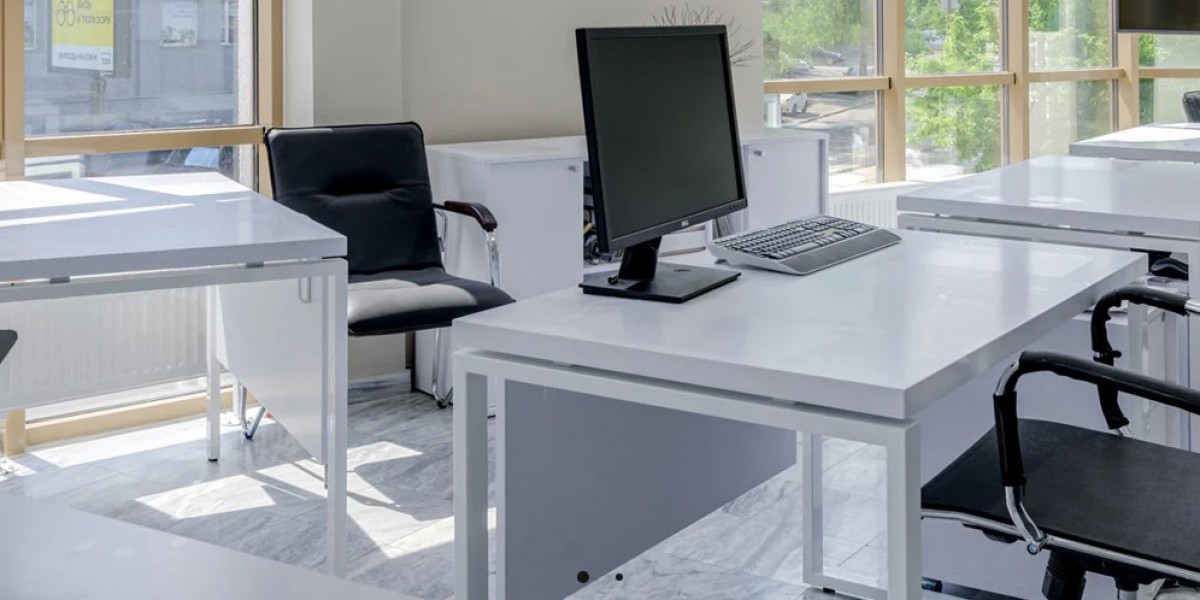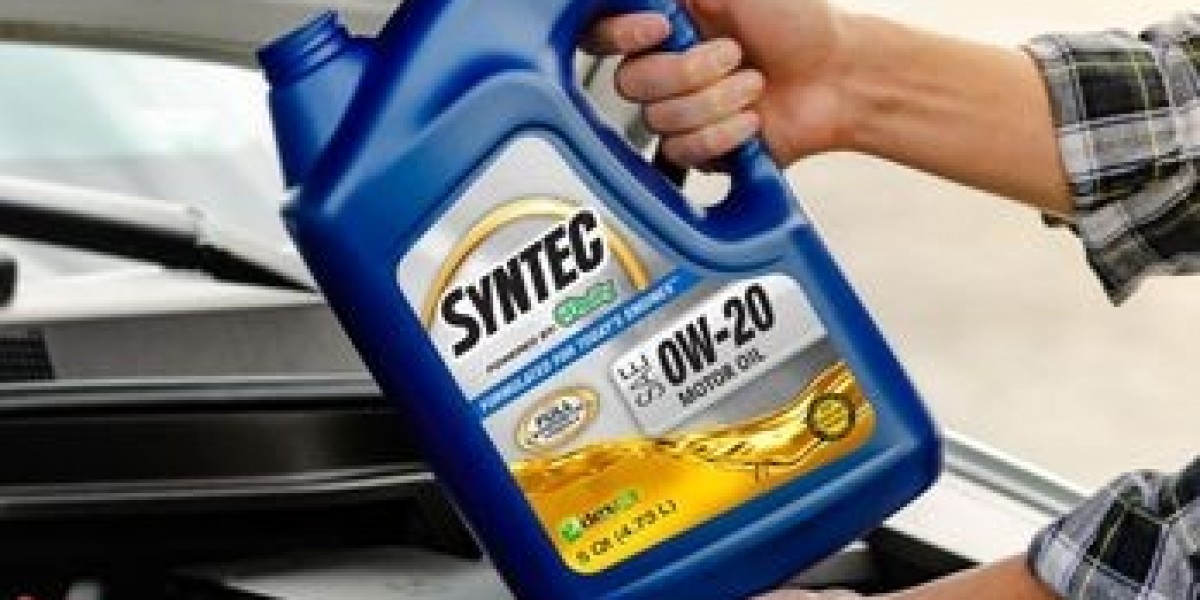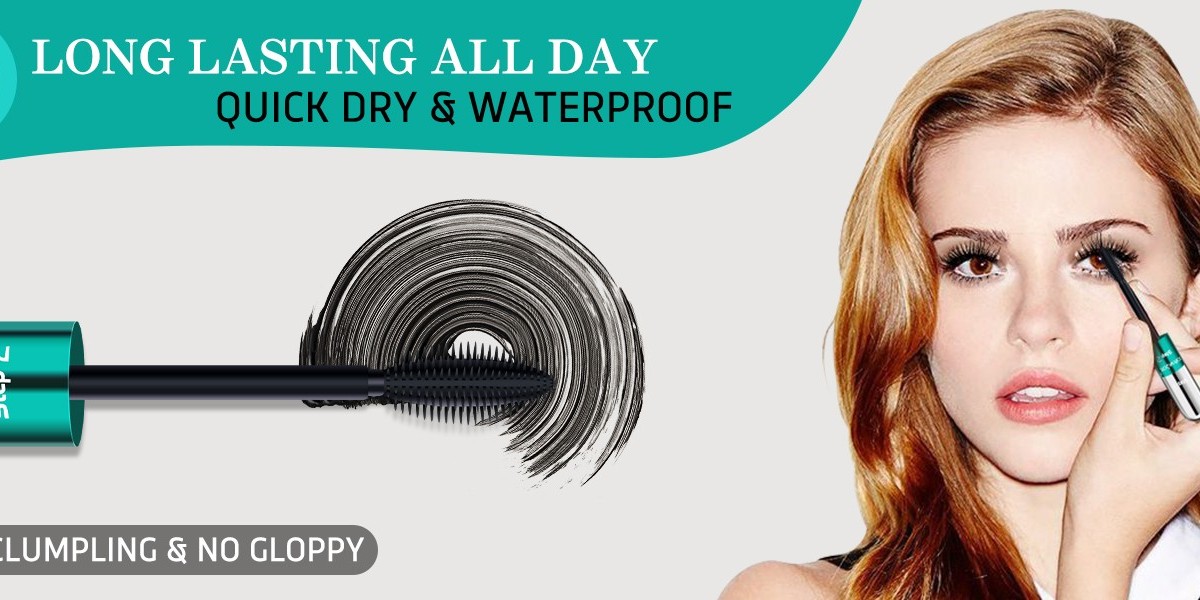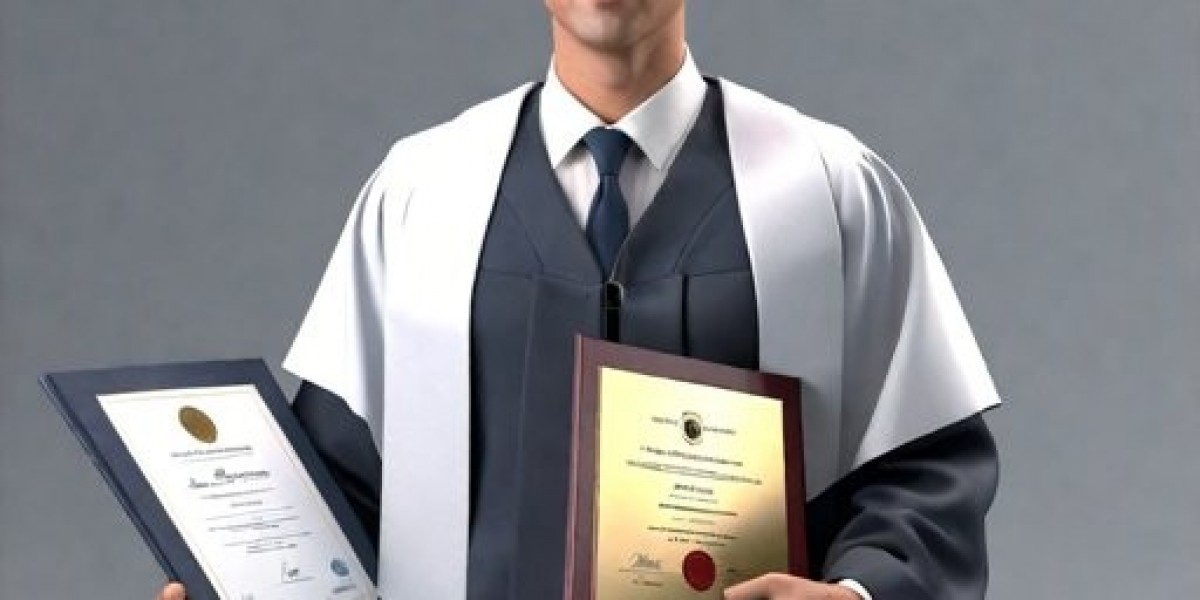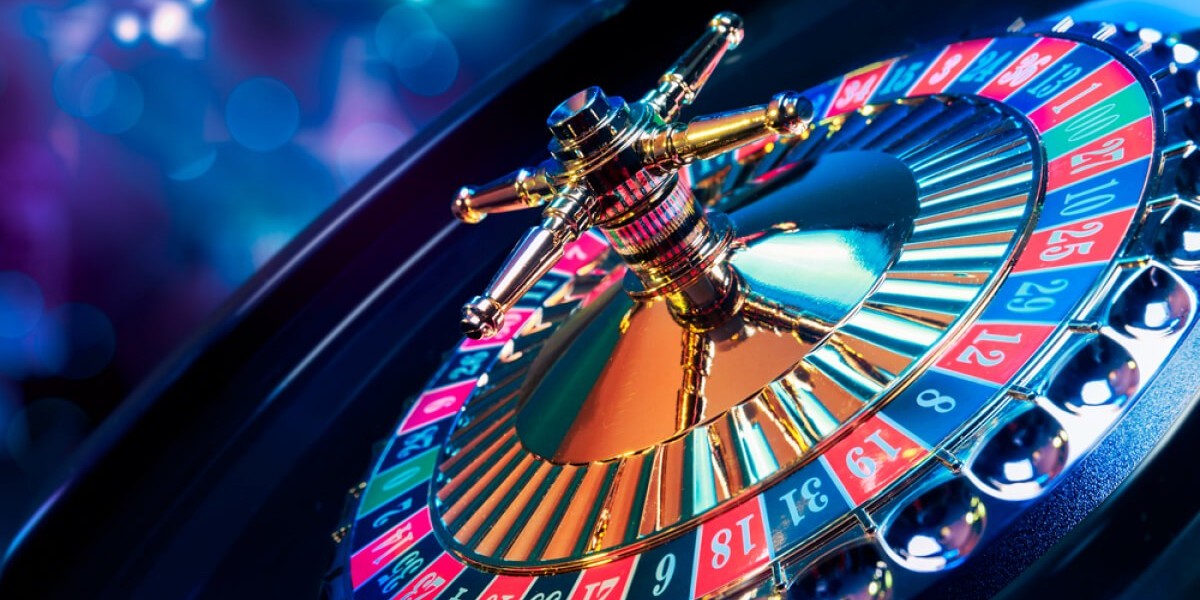When selecting an executive chair, the material used in its construction significantly impacts its durability, comfort, and overall aesthetic. Heres a guide to the best materials for long-lasting executive chairs:
1. Leather
Types:
- Full Grain Leather: The highest quality, made from the top layer of the hide. Its durable, develops a patina over time, and resists wear and tear.
- Top Grain Leather: The second-highest quality, with a more uniform look and feel. Its durable and more affordable than full grain.
- Bonded Leather: Made from scraps of leather bonded together. Its more affordable but less durable and may not age as well.
Pros:
- Durability: High-quality leather can last for years with proper care.
- Comfort: Soft and conforms to body shape over time.
- Maintenance: Easy to clean and maintain with regular conditioning.
Cons:
- Cost: Can be expensive, especially full grain leather.
- Breathability: Less breathable than mesh or fabric, which may be uncomfortable in warm climates.
2. Mesh
Types:
- 3D Mesh: Offers better ventilation and flexibility, providing a comfortable seating experience.
- Nylon Mesh: Durable and lightweight, often used in office chairs for its breathability.
Pros:
- Breathability: Excellent airflow helps keep you cool during long periods of sitting.
- Flexibility: Adapts to the shape of your body, providing good support and comfort.
- Maintenance: Easy to clean and resistant to stains.
Cons:
- Durability: Less durable than leather or high-quality fabric. Mesh can wear out or tear over time.
- Comfort: May not offer the same level of cushioning as leather or fabric.
3. Fabric
Types:
- High-Density Foam: Provides a comfortable and supportive cushion, often used in combination with fabric upholstery.
- Wool Blends: Offers durability and a professional look. Its less common but can be a good choice for its resilience and comfort.
Pros:
- Variety: Available in numerous colors and patterns to match office decor.
- Comfort: Soft and cushioned, often more comfortable for long sitting periods.
- Breathability: Better airflow compared to leather, which can enhance comfort.
Cons:
- Stains: Fabric can absorb spills and stains, requiring more maintenance.
- Wear: Fabric may wear out or become threadbare over time.
4. Faux Leather
Types:
- Polyurethane (PU) Leather: A synthetic material designed to mimic real leather. Often used in more affordable office chairs.
- Vinyl: Another synthetic alternative to leather, usually more durable and easier to clean.
Pros:
- Affordability: Generally less expensive than genuine leather.
- Maintenance: Easier to clean and maintain, often resistant to spills and stains.
- Appearance: Mimics the look and feel of real leather.
Cons:
- Durability: May not last as long as high-quality leather and can wear out faster.
- Breathability: Less breathable than real leather or mesh, which can affect comfort.
5. Metal and Plastic Components
Types:
- Aluminum: Lightweight yet strong, often used in chair frames and bases for durability and stability.
- Steel: Very strong and durable, commonly used in high-end office chairs.
- High-Quality Plastics: Used for base and adjustment mechanisms, should be robust and resistant to cracking.
Pros:
- Durability: Both metal and high-quality plastics offer long-lasting strength and stability.
- Maintenance: Easy to clean and resistant to damage.
Cons:
- Weight: Metal components can add to the weight of the chair, making it less portable.
- Comfort: Plastic components should be well-designed to avoid discomfort.
Conclusion
When selecting an executive chair, consider the material that best fits your needs for comfort, durability, and maintenance. Leather and high-quality fabrics offer luxury and long-lasting comfort, while mesh provides breathability and flexibility. Faux leather and synthetic options offer affordability and easy maintenance. Combining these materials with robust metal and plastic components ensures a durable and functional chair for your workspace.
